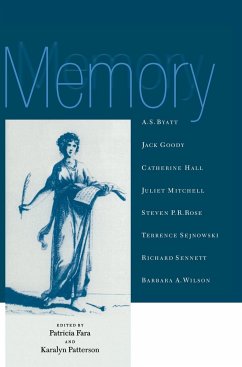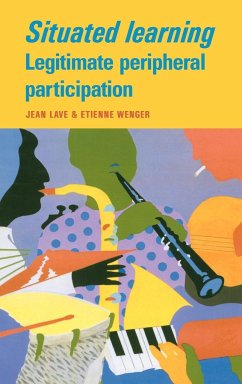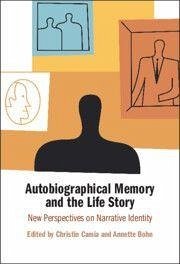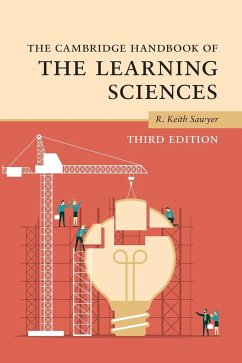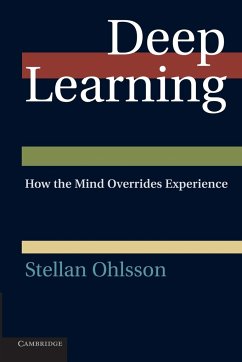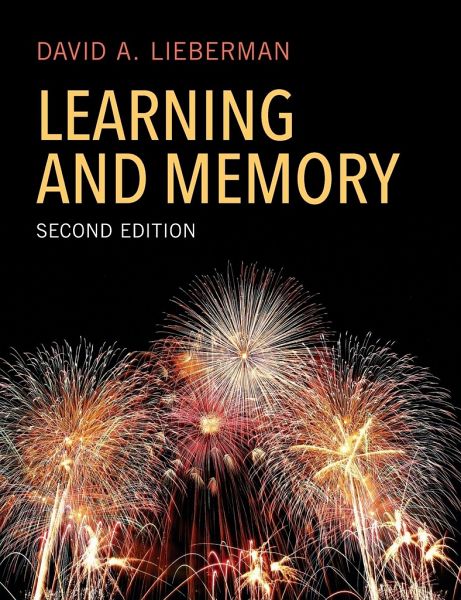
Learning and Memory
Versandkostenfrei!
Versandfertig in 1-2 Wochen
123,99 €
inkl. MwSt.
Weitere Ausgaben:

PAYBACK Punkte
62 °P sammeln!
An engaging introduction to learning and memory that encourages critical thinking while providing stimulating material on human research and how it can be applied. Examples include behavioral treatments of autism, recovered memory, and improving studying. The text concludes with the remarkable achievements of neural networks and deep learning.






